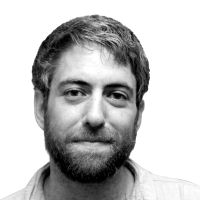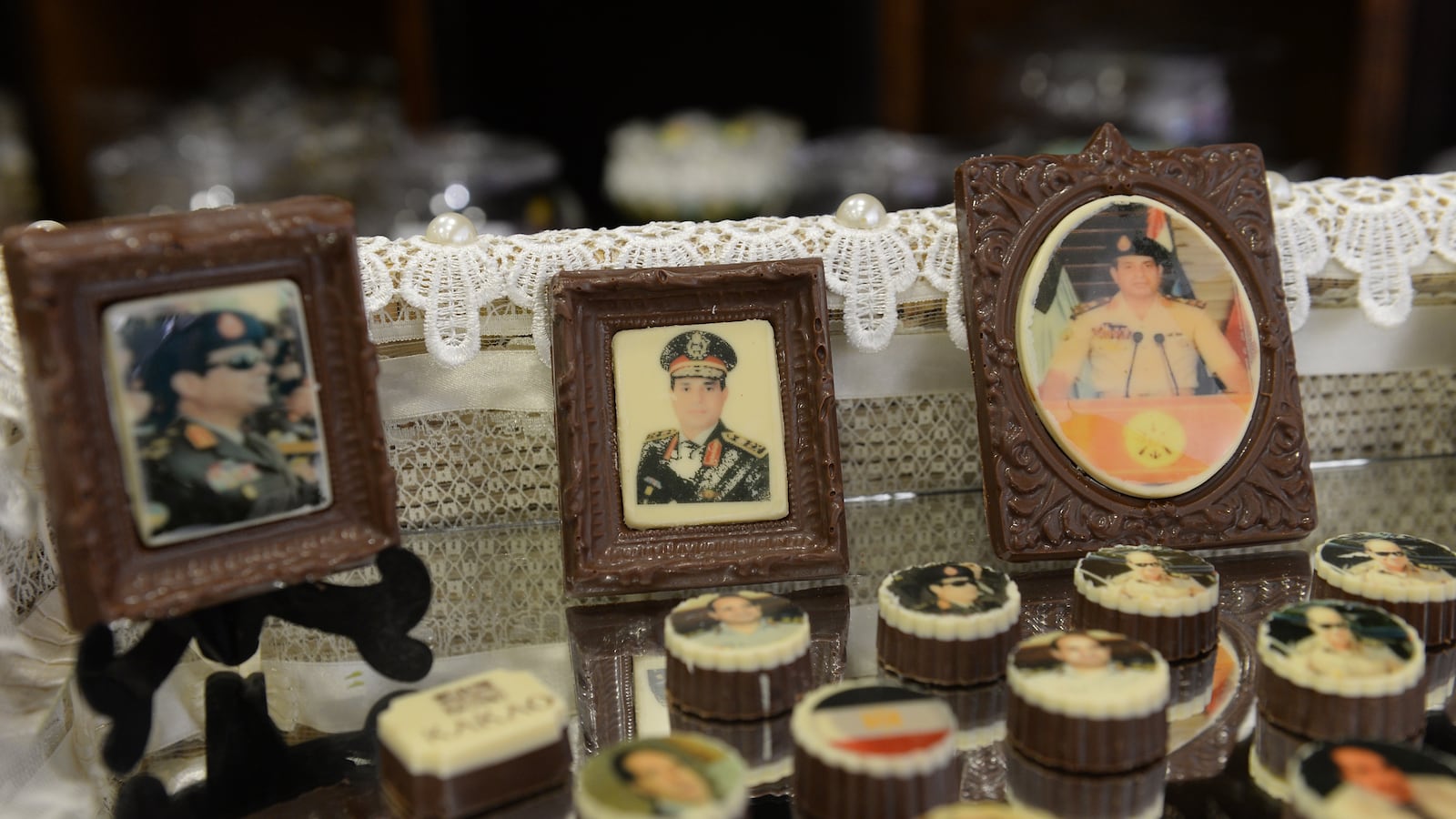CAIRO—An eerie tranquility has settled over post-coup Cairo as the army’s crackdown forcefully continues in Sinai while Egypt’s jails fill with opponents of military rule. There are few protesters on the streets, while pictures of Abdel Fattah el-Sisi, the general who led the overthrow of deposed President Mohammad Morsi, adorn store front windows.
Contempt for foreigners, accused of conspiring with the Muslim Brotherhood to undermine national interests by the government and much of the local press, is a common sentiment on the streets. The detention of two Canadians, John Greyson and Tarek Loubani, which was extended for another 45 days last Sunday, illustrates the repressive and hostile atmosphere.

“There is a lot of xenophobia right now. I think that would flow into every aspect of Egyptian life, including judiciary and the state,” says Adam el Shalankany, a lawyer for Greyson and Loubani, about the impact of the political climate on his client’s situation.
The two have been on a hunger strike since September 16, along with many other Egyptian prisoners, in protest of their conditions and the lack of progress toward obtaining their release from jail.
Greyson and Loubani were traveling through Egypt in an attempt to reach Gaza where Loubani, a ER doctor, hoped to continue his training program for Palestinian physicians. Greyson, a well known Canadian film maker, was researching a documentary about Loubani’s work. Upon discovering that the Gaza crossing was sealed, the two decided to remain in Cairo. They were arrested on August 16 by Egyptian security forces after Loubani administered medical care at a field hospital while Greyson filmed and assisted.
The army's decision to attack violently the Muslim Brotherhood-led sit-ins proved a turning point for El-Sisi's interim government. As bodies piled up over the following two days, the two Canadians, known for their pro-Palestinian activism, found themselves on August 16 at the center of the battle for Cairo’s Ramses Square. There they helped administer medical care to wounded protesters.
“The wounded and dying never stopped coming. Between us, we saw over 50 Egyptians die: students, workers, professionals, professors, all shapes, all ages, unarmed,” reads a statement from prison by Loubani and Greyson, released on Saturday. Greyson and Loubani depict a terrifying scene, with Egyptian security forces beating them severely and humiliating them during the arrest, persecuting them for being foreign.
“We were arrested, searched, caged, questioned, interrogated, videotaped with a 'Syrian terrorist,' slapped, beaten, ridiculed, hot-boxed, refused phone calls, stripped, shaved bald, accused of being foreign mercenaries. They screamed 'Canadian' as thy kicked and hit us. John had a precisely etched bootprint bruise on his back for a week.”
“My understanding is that they saw people dying and wounded and stopped at the first makeshift medical tent,” said Shalakany, speaking from his office in the upscale neighborhood of Zamalek. “Tarek, being a doctor, had to help,” he added, noting that Greyson assisted him as an impromptu nurse.
After they finished, Shalakany says the two got lost trying to reach their hotel and were taken into custody during one of the many mass arrests the military carried out in various parts of the city. This particular security sweep netted 140 people, along with Greyson and Loubani. Security forces also broke up the makeshift field hospitals.
By the end of the night, more than 600 people had been jailed. Those arrested around Ramses, including Greyson and Loubani, were accused of murder, conspiracy to commit murder, thuggery, incitement of others to violence, violence, carrying illegal weapons and destruction of public property.
Despite the gravity of the accusations, their lawyer says prosecutors have not presented a list of evidence against his clients, nor have they formally brought charges. He describes the prosecution's attitude as conservative amidst the social tension, arguing that given the lack of evidence it probably hopes that by keeping the men detained they will buy sufficient time to build a case.
“It’s such a scary and stressful situation, the entire country is in a weird mode, people are afraid to make decision that could come back and bite them,” Shalakany said, describing the impact of the paranoid atmosphere in Egypt.
Although Cairo’s night time curfew has been shortened, from midnight to 5 a.m rather than 11 p.m to 6, the interim government continues to push a militarized and isolationist group think. Billboards in the capital’s downtown read in Arabic and English “United against terrorism. The people and the army are one hand,” while the prisons remain full. With marginalized local sympathy and suppressed public outcry, there is little change in sight.
“We have another 45 days, most likely, of pain and worry,” says Shalakany of his client’s situation. “So this is not going to be a short term thing.”






